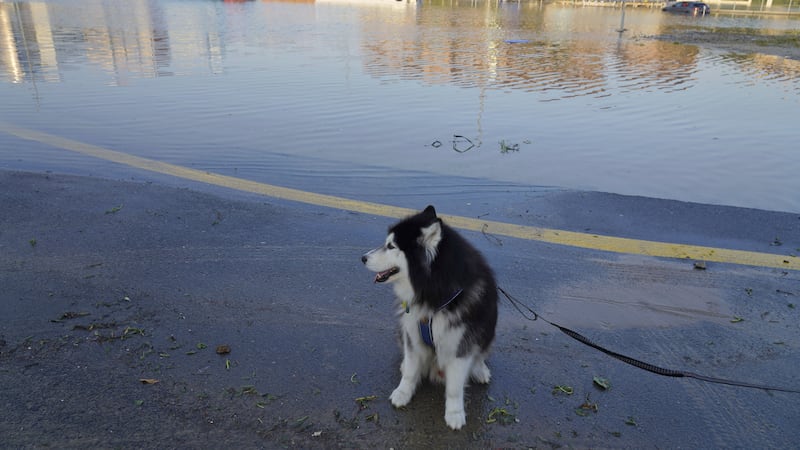President Emmanuel Macron has arrived in Germany for the first state visit by a French head of state in 24 years, a three-day trip meant to underline the strong ties between the European Union’s traditional leading powers.
The visit was originally meant to take place last July but was postponed at the last minute due to rioting in France following the killing of a 17-year-old by police.
While Mr Macron is a frequent visitor to Germany as Paris and Berlin try to co-ordinate their positions on EU and foreign policy, this is the first state visit with full pomp since Jacques Chirac came in 2000.
Mr Macron and his wife Brigitte are being hosted by Germany’s largely ceremonial president, Frank-Walter Steinmeier. The visit comes as Germany celebrates the 75th anniversary of its post-Second World War constitution.

Mr Steinmeier is holding a state banquet for Mr Macron at his Bellevue palace in Berlin on Sunday evening before the two presidents travel on Monday to the eastern city of Dresden, where the French leader will make a speech, and on Tuesday to Muenster in western Germany.
The state visit will be followed later on Tuesday by a meeting between Mr Macron, German Chancellor Olaf Scholz and ministers from both countries at a government guest house outside Berlin.
Germany and France, which have the EU’s biggest economies, have long been viewed as the motor of European integration though there have often been differences in policy and emphasis between them on a range of matters.
That was evident earlier this year in different positions on whether Western countries should rule out sending ground troops to Ukraine. Both nations are strong backers of Kyiv.







